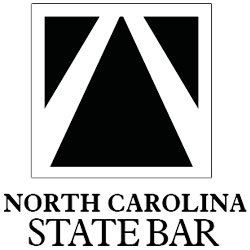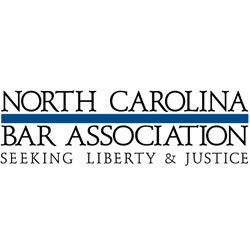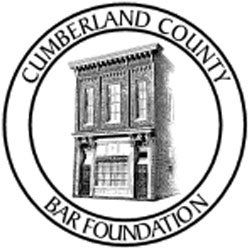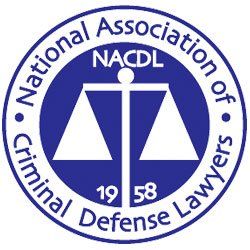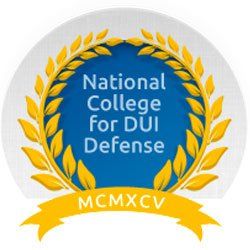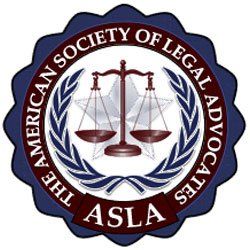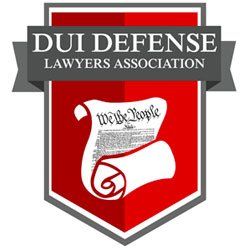Driving While Impaired
If you’ve received a driving while impaired (DWI) charge in Fayetteville or Cumberland County, North Carolina call us to set up a free consultation and allow our firm to lay out a criminal defense strategy for your best results. You need to get it right. Local criminal defense attorney Ken Burns has over twenty-five (25) years of experience in defending hundreds of people charged with DWI and improving his client’s outcomes in these kinds of cases. We use the latest technology, so that you stay informed about your case and you stay in touch with your attorney. Unlike other firms, with Burns Law you will always know which attorney will be handling your case. You also have a direct line of communication with your attorney.
Historically, most arrests for DWI in Fayetteville and the other areas of Cumberland County, North Carolina result in a conviction. So the odds are against you. The percentage of convictions for DWI have increased more recently as judges and prosecutors are subject to more scrutiny and some less than stellar law enforcement efforts have become acceptable. A conviction for a DWI is a misdemeanor (unless habitual impaired driving has been charged) and will result in a criminal record, an enormous increase in your automobile insurance premiums (as much as 450%) and an enormous inconvenience of not being able to drive legally.
WHAT THE PROSECUTOR MUST PROVE
For a person accused of DWI to be convicted, the prosecutor must prove to the Court:
- You were operating the vehicle. It is not necessary that you were actually driving the car or that the car was moving.
- You were operating the vehicle on a) a public street or highway or b) a public vehicular area. By statute most property is now included in the definitions of these required driving areas.
- The officer had a reason (reasonable suspicion) to stop the motor vehicle you were operating. Not every reason (or just any reason) for stopping you is legally valid.
- There is evidence that you were appreciably impaired either by alcohol or drugs at the time of the arrest. This can be done with or without an alcohol concentration measuring test.
PRETRIAL LIMITED DRIVING PRIVILEGE
If you meet the eligibility requirements for a pretrial limited privilege, after the first ten (10) days of the suspension, you (through your attorney) may petition the court for a pre-trial limited driving privilege. In addition to showing that you are eligible, your attorney will need to
- include a copy of the civil revocation order
- provide proof of payment of the $100 civil revocation fee
- provide a valid DL-123 insurance form
- provide a copy of a recent (after date of offense) substance abuse assessment
- pay a $100 filing fee.
REFUSAL TO TAKE BREATH OR BLOOD TEST
There is an automatic revocation of driving privileges for a period of one (1) year for a refusal to submit to chemical analysis of breath or blood upon arrest for suspicion of DWI. That period of revocation begins at a future date when you have been notified by the Division of Motor Vehicles (DMV) of the upcoming suspension. DMV will send notice to the address which they have in their records (usually the address on your driver’s license). If DMV does not have your current address, you will likely not receive notice of suspension. Whether you receive this notice or not, notice is deemed given when mailed to your last known address.
HEARINGS FOR REFUSAL
You may be entitled to an administrative hearing at the DMV contesting the willfulness of your refusal. You must make the request for hearing prior to the beginning of your suspension. If you do not contest the refusal or are unsuccessful in doing so, you cannot legally drive in this state until your case is resolved and six months has passed from the beginning of the one year revocation. If the resolution of your case results in conviction, you must have been sentenced to Level 3, 4 or 5 punishment. In addition, you must have had a valid driver’s license or it had been expired for less that one year at the time of the charge. There can be no previous refusal or conviction of a DWI within the past seven (7) years, no unresolved DMV issues pending, no pending DWI’s and no convictions since the original charge, and no accident that resulted in death or critical injury to another person.
SOBRIETY COURT
Cumberland County, North Carolina has a Sobriety Court. This court is for pretrial release and for post conviction enforcement of DWI judgments. Sobriety Court places a number of requirements upon its participants. It is an intensive monitoring program designed to give multiple DWI offenders pre-trial release pending the hearing of their cases. Few attorneys are willing to take on representation of Sobriety Court participants. We represent people assigned to Sobriety Court who have elected to participate in that release program.

